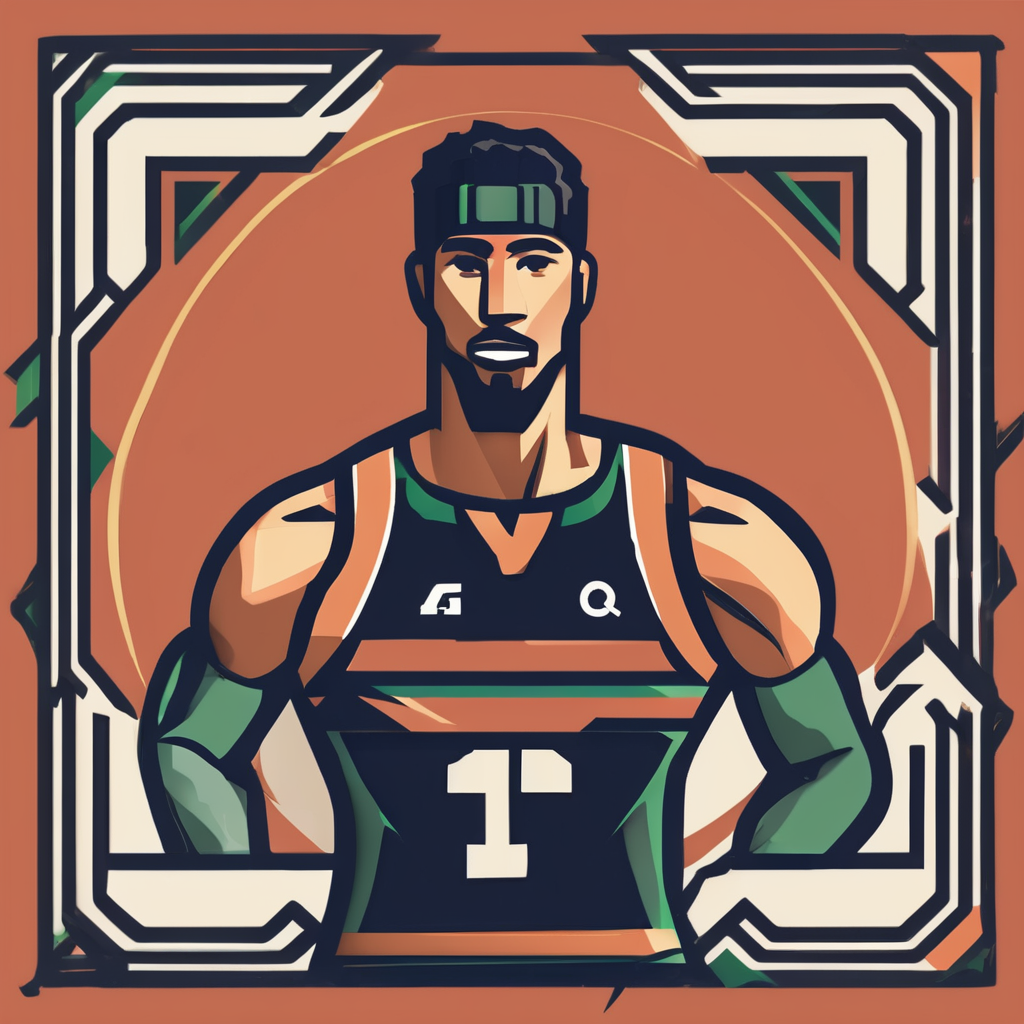As parents and coaches guide young athletes on their sports journey, it’s crucial to lay a solid foundation that emphasizes more than just physical prowess. This article seeks to explore the essential skills that every aspiring young athlete should hone in their early training years. By focusing on holistic development, athletes can build a repertoire of abilities that will serve them both on and off the field. In doing so, we equip them with the tools necessary for long-term success in the dynamic world of sports.
The Importance of Fundamental Movement Skills
To navigate the athletic world successfully, young athletes must first master basic movement skills. These foundational abilities are crucial in setting the stage for more advanced training in later years. Movement skills such as running, jumping, and balancing form the bedrock of any sport and are integral to an athlete’s overall development.
In the same genre : What are the effects of cold weather training on athletic performance and injury risk?
Developing Basic Movement Skills
Fundamental movement skills are more about the journey than the destination. They involve activities that allow young athletes to explore their physical capabilities and limitations in a fun and engaging way. Children naturally gravitate towards these activities, making them perfect for starting a young athlete’s training program:
-
Running: This is a basic skill most children practice long before formal training begins. Coaches should focus on refining technique to enhance speed, agility, and endurance.
Also read : Unlocking bmx success: harnessing video analysis to boost your racing tactics
-
Jumping: Jumping helps in developing leg strength and coordination. Introduce varied jumping exercises to maintain interest and encourage improvement.
-
Balancing: Balance is the unsung hero of athletic skills. Whether it’s standing on one foot or navigating an obstacle course, balance activities help athletes become more agile and aware of their body’s movements.
The Role of Coaches
Coaches play a pivotal role in ensuring young athletes develop these skills effectively. They should create an environment conducive to exploration and experimentation. This approach not only helps in physical development but also fosters a love for the sport.
Transferring Skills Across Sports
Focusing on fundamental movement skills offers young athletes the versatility needed to excel in various sports. This cross-sport capability is invaluable, as it keeps options open for athletes as they hone in on their preferred sports later in life.
Building Strength and Endurance
Strength and endurance are two cornerstones of athletic prowess. Developing these skills early can propel young athletes forward, allowing them to perform at higher levels as they grow.
Strength Training for Youth
Strength training is not just for professional athletes; it’s essential for young athletes too. However, it should be approached with care and tailored to their age and development stage.
-
Body Weight Exercises: The simplicity of exercises like push-ups, sit-ups, and squats makes them accessible to young athletes. These exercises improve muscle tone and establish a strong foundation for more complex strength training.
-
Resistance Bands: Lightweight and versatile, resistance bands are perfect for introducing strength training in a way that prevents injury but enhances muscle conditioning.
Endurance Building
Endurance is the ability to sustain prolonged physical or mental effort, and it can be developed through:
-
Aerobic Activities: Encourage young athletes to engage in activities like swimming, cycling, or running. These exercises build cardiovascular endurance crucial for sports.
-
Regular Practice: Consistency is the key. Regular training sessions help embed endurance capabilities into an athlete’s repertoire.
Monitoring Progress
It’s vital to monitor young athletes’ progress and adjust their training plans accordingly. Coaches should focus on gradual improvement and ensure that athletes are not overexerting themselves, which could lead to burnout or injury.
By focusing on strength and endurance, young athletes lay the groundwork for physical resilience, a trait that will serve them well as they progress in their sporting careers.
Enhancing Cognitive and Emotional Skills
While physical skills are essential, cognitive and emotional skills should not be overlooked in a young athlete’s training regimen. These skills ensure athletes can handle the pressures of competition and the demands of teamwork.
Mental Toughness
The ability to maintain focus, deal with setbacks, and remain resilient in the face of challenges is what separates good athletes from great ones.
-
Visualization Techniques: Teaching young athletes to visualize success can significantly impact their performance. It prepares their minds for actual competition scenarios, reducing anxiety and improving focus.
-
Positive Reinforcement: Encouragement and positive feedback from coaches and parents can boost confidence and motivation, laying the groundwork for mental resilience.
Emotional Intelligence
Sports often bring out intense emotions. Helping young athletes manage these emotions is crucial in ensuring they maintain sportsmanship and composure.
-
Team Activities: Through team sports, athletes learn empathy, communication, and collaboration—critical aspects of emotional intelligence.
-
Reflection Sessions: A period of reflection after a game or practice allows athletes to assess their performance, recognize their emotions, and develop strategies for improvement.
Decision-Making Skills
Quick and accurate decision-making is crucial in sports, where split-second decisions can alter the outcome of a game.
- Simulated Practice Scenarios: Coaches can design drills that mimic in-game situations, encouraging athletes to think on their feet and make swift decisions.
By nurturing cognitive and emotional skills, young athletes become well-rounded individuals ready to face the challenges of competitive sports.
The Role of Coaches and Parents in Skill Development
Coaches and parents play a central role in the overall development of young athletes. Their guidance and support ensure that athletes remain motivated and focused on their training.
Coaches as Mentors
Coaches are more than just trainers; they are mentors who guide athletes through both victories and setbacks.
-
Building Trust: Establishing a relationship based on trust encourages athletes to express concerns and seek guidance without hesitation.
-
Setting Goals: Coaches help athletes set achievable goals, creating a roadmap for their development and providing milestones to celebrate.
Parents as Supporters
Parents’ involvement in their children’s sports journey can significantly influence their experiences and attitude towards sports.
-
Providing Encouragement: Parents should focus on providing encouragement and celebrating effort over results, helping athletes develop a healthy attitude towards competition.
-
Ensuring Balance: It’s essential to maintain a balance between sports, academics, and leisure, ensuring that young athletes do not feel overwhelmed.
Collaborative Efforts
Successful training programs arise from collaboration between coaches, parents, and athletes. Regular communication ensures everyone is on the same page regarding the athlete’s progress and needs.
The combined support of coaches and parents creates an environment where young athletes feel valued, understood, and motivated to pursue their athletic goals with dedication.
In conclusion, the early training years of young athletes are a formative period that requires a delicate balance of physical, cognitive, and emotional skill development. By focusing on movement skills, strength, endurance, and emotional intelligence, athletes are not only prepared for the challenges of competitive sports but also equipped with lifelong skills. The collaborative efforts of coaches, parents, and the athletes themselves ensure a supportive environment for growth. As mentors and supporters, your role extends beyond the field, impacting the overall well-being and success of these promising athletes. With the right guidance, young athletes can flourish, reaching their full potential in sports and life.










